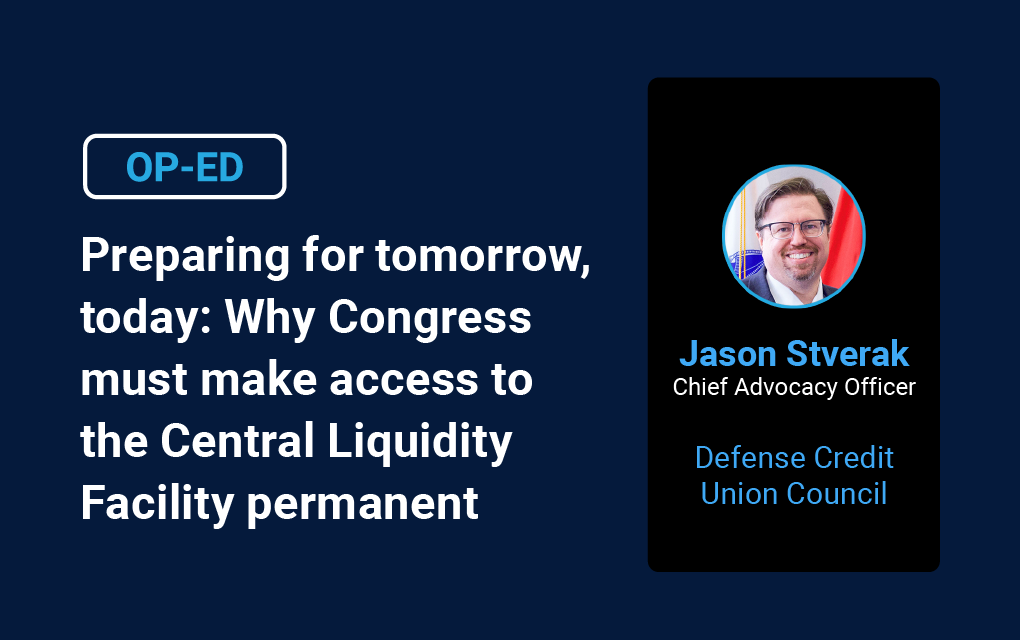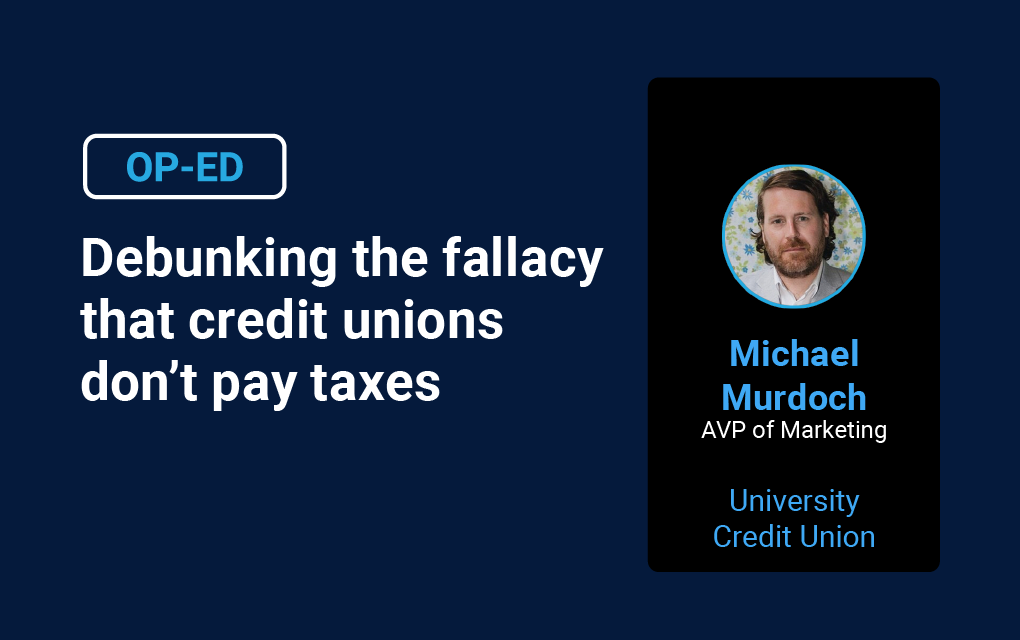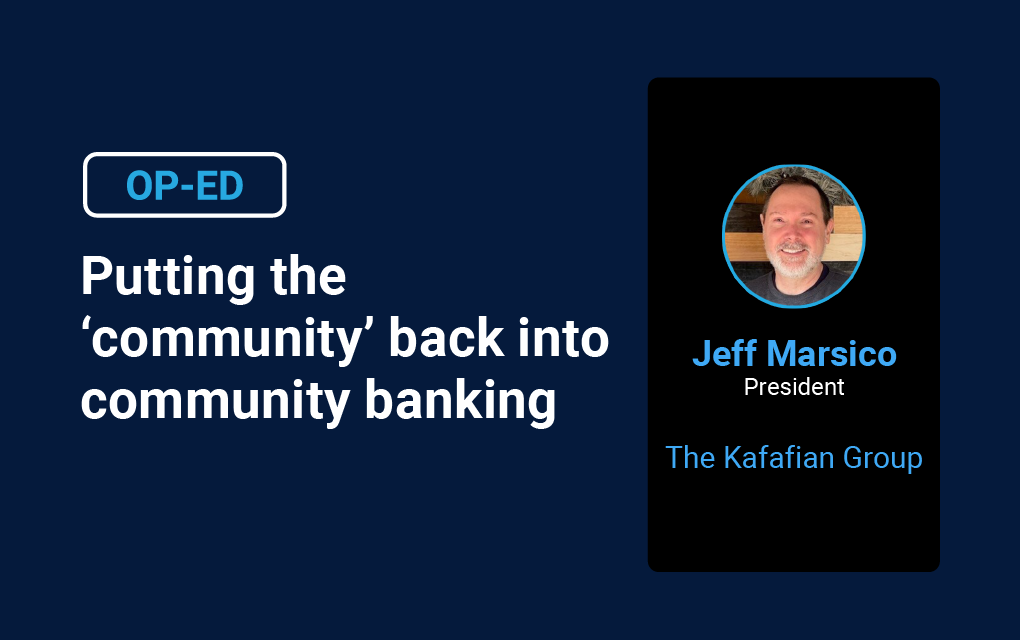Three tips from deep in the loan workout trenches
Workout may be making a comeback. Current economic uncertainty may cause more troubled loans, in which case focus will shift from normal operations to workout.
To be most effective, workout requires a trench mentality. It’s a tough fight, but everyone involved needs to work together, to come out of it as whole as possible. I’ve spent more than 15 years in the workout trenches and learned a few things along the way. If you’re seeing signs of troubled loans in your portfolio, keep these three tips in mind.
1. Focus on forbearance
Generally, the workout process is divided into two phases: forbearance and foreclosure. Forbearance is your best chance to get out of the trench with the least injury. It requires a combination of the hard skills loan officers excel at and the more difficult to master soft skills of communication, dispassionate negotiation and tactful honesty.
Combined, these skills go a long way toward establishing the kind of trust and engagement that are necessary to work together on a solution. Assuming your members are equally engaged in the process, finding ways to restructure loans, reduce rates or identify additional collateral to help them save their business will save credit unions money and time in the long run. The fact is, everyone loses when forbearance gives way to foreclosure.
Members lose their business or their property. They frequently enter bankruptcy proceedings, which will adversely affect them in multiple ways for years. Credit unions lose too. Losses mitigated by resolving the troubled loans are frequently increased by attorney and property management fees, as well as a prolonged asset disposition process.
Although it requires more time and effort, focus on forbearance first.
2. Staff strategically
Many credit unions don’t keep a workout specialist on staff. In the usual course of business, loan officers are tasked with managing problem loans as they materialize.
Getting ahead of problem loans is likely on your proverbial radar, particularly in preparation for regulatory exams. Managing loan workouts may be beyond the scope and abilities of current staff and you may need workout specialists with more skills and experience to navigate and expedite the process, to ensure a high level of member service and to best serve the needs of the credit union.
Now is the time to begin shoring up those additional resources.
3. Keep your eye on the long game
Dedicating time and resources to effectively manage the potential increase in workout in the coming months will do more than just get credit unions through a difficult period. If done well – at optimal staff levels and with a focus on forbearance – it will help smart credit unions both retain members and gain new ones. It will also set them apart from competitors – big and small – that haven’t made the same commitment to addressing troubled loan work out.
People seek out credit unions for their personal touch – because they want to be more than an account number. They expect that kind of personal service from their credit union in good times and bad. There couldn’t be a better time than now to over deliver on that expectation.
Working closely with members to resolve their loan issue with the best possible outcome – fighting in the trenches with them – will yield dividends of good will and reputational equity for years to come.
Artisan Advisors is a Chicago-based consultancy that works closely with community financial institutions to help them succeed in an increasingly complex operating and regulatory environment.
Disclaimer
The views, opinions, and perspectives expressed in articles and other content published on this website are those of the respective authors and do NOT necessarily reflect the views or official policies of Tyfone and affiliates. While we strive to provide a platform for open dialogue and a range of perspectives, we do NOT endorse or subscribe to any specific viewpoints presented by individual contributors. Readers are encouraged to consider these viewpoints as personal opinions and conduct their own research when forming conclusions. We welcome a rich exchange of ideas and invite op-ed contributions that foster thoughtful discussion.









